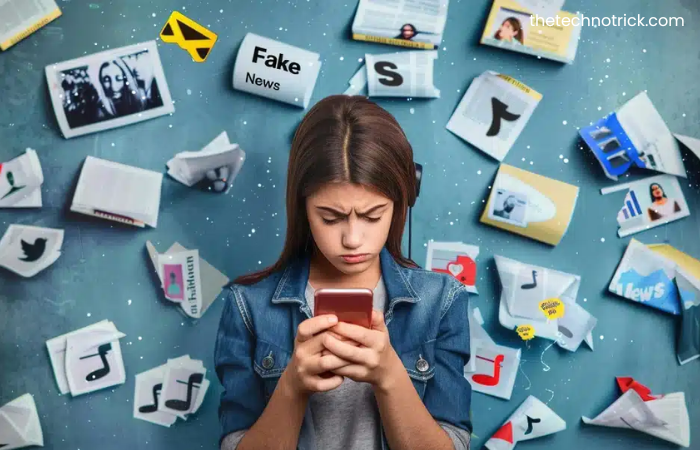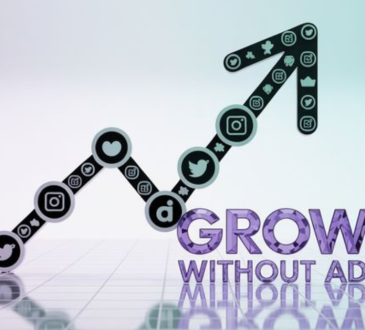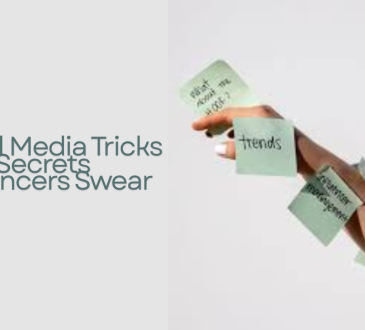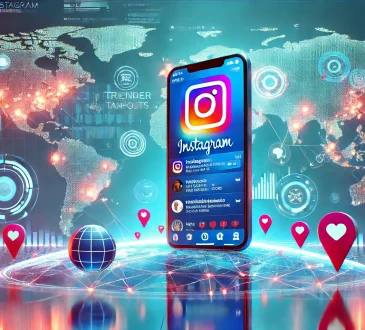
Thetechnotrick : In today’s digital world, social media plays a major role in our daily lives. But have you ever wondered why some people suddenly delete their accounts? Is it just a break or a sign of something deeper?
Social media is a powerful tool for communication, entertainment, and even work. However, its overwhelming nature can sometimes lead people to step away. Many assume that deleting social media is linked to depression, but is that always the case? Let’s explore the connection between social media detox and mental health.
Related:-
The Future of Small Business Transactions
Best Sites to Buy Facebook Likes, Followers and Views
Why Daily Cash Flow Statements Matter for Your Business
EarnKaro: The Ultimate Shortcut to Earning Money Fast!
Understanding the Relationship Between Social Media and Mental Health
The Impact of Social Media on Mental Well-being
Social media has its pros and cons. While it helps us stay connected, it also exposes us to negativity, unrealistic comparisons, and constant pressure. Studies suggest excessive use can lead to:
- Anxiety and stress
- Low self-esteem
- Sleep disturbances
- Depression symptoms
- Social isolation
Why Do People Delete Social Media?
People delete social media for various reasons, including:
Mental health concerns: They feel overwhelmed and need a break.
Distraction from real life: They want to focus on personal growth.
Avoiding negativity: Social media can be toxic at times.
Privacy issues: Concerns over data security.
Productivity improvement: Reducing screen time to focus on work or studies.
Is Deleting Social Media Always a Sign of Depression?
When It Might Indicate Depression
Deleting social media can be a sign of depression if accompanied by:
- Withdrawal from friends and family
- Loss of interest in activities
- Constant feelings of sadness or hopelessness
- Sudden mood changes and irritability
- Lack of motivation and energy
When It’s Just a Healthy Break
Not everyone who deletes social media is depressed. Some people simply want:
- A digital detox to reset their minds
- More time for hobbies, studies, or work
- To escape social pressure and unrealistic comparisons
- To live in the moment rather than online
- Taking breaks from social media can actually be beneficial for mental health.
The Psychological Effects of Social Media Withdrawal
Positive Effects
- Better mental clarity and focus
- Improved sleep patterns
- Reduced stress and anxiety
- More meaningful real-life interactions
Negative Effects
- Feeling disconnected from friends and trends
- FOMO (Fear of Missing Out)
- Temporary loneliness
- Difficulty adjusting to offline life
FAQs
Q1. Does deleting social media help with mental health?
A.Yes, for many people, taking a break from social media improves their mental well-being and reduces stress.
Q2. Is it normal to feel lonely after deleting social media?
A.Yes, at first, you might feel disconnected, but over time, you will adjust and build stronger real-life connections.
Q3. How long should a social media detox last?
A.It depends on your needs. Some people take a few days off, while others go for weeks or even permanently.
Q4. Can quitting social media improve productivity?
A.Absolutely! Without constant distractions, you can focus better on work, studies, and personal growth.
Q5. What if I regret deleting my social media accounts?
A.You can always create a new account if needed. However, consider setting boundaries to maintain a healthier balance.
Conclusion
Deleting social media is not always a sign of depression—it can be a step towards better mental health. If done for the right reasons, it can lead to a more focused, peaceful life. However, if social withdrawal and persistent sadness accompany it, seeking support is essential. The key is to find a balance that works for your well-being. Whether you choose to stay online or take a break, prioritize your mental health above all else!




